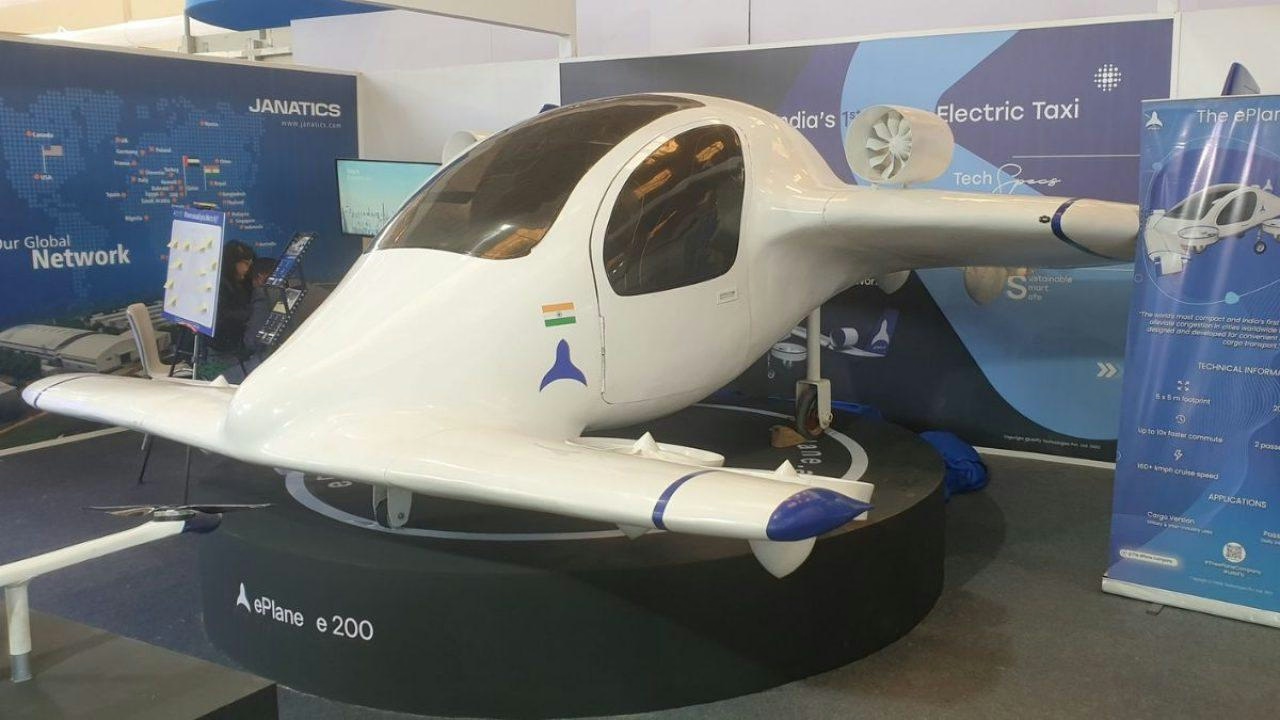AeroGenie — Your Intelligent Copilot.
Trending
Categories
AICM Slot Allocations Move to US Airlines, Report Says

AICM Slot Allocations Shift to US Airlines Amid Bilateral Agreements and Industry Challenges
Mexican airlines have transferred a portion of their landing and takeoff slots at Mexico City International Airport (AICM) to US carriers, a development confirmed this week by President Claudia Sheinbaum. This reallocation forms part of ongoing bilateral agreements between Mexican and US authorities aimed at regulating air operations and sustaining cross-border connectivity. The move reflects broader shifts within the regional aviation landscape, influenced by both regulatory commitments and operational pressures.
The transfer of slots to US airlines follows specific commitments made during bilateral discussions designed to address regulatory requirements. However, this shift occurs amid significant operational challenges, including reductions in airspace capacity linked to shortages of air traffic controllers, as reported by the US Federal Aviation Administration (FAA). These constraints have compelled carriers such as Southwest Airlines to reconsider their flight schedules in response to FAA-imposed restrictions, raising concerns about potential impacts on service reliability and market dynamics.
Industry analysts suggest that the redistribution of slots may prompt competitive adjustments among airlines. Some carriers might alter their flight operations or routes, while others could face increased pressure on yields and passenger loads, particularly on transatlantic services. This trend was recently highlighted by International Airlines Group (IAG), whose share price declined following reports of weaker demand and earnings in the third quarter.
Legal Developments and Industry Investments
In a related legal development, the US Court of Appeals for the Eleventh Circuit in Atlanta has temporarily suspended a Department of Transportation (DOT) order that would have required Delta Air Lines and Aeroméxico to dissolve their joint venture. The court’s decision halts the DOT directive pending further legal review, allowing the cross-border partnership to continue operating for the time being.
Meanwhile, French aerospace group Safran announced a significant investment exceeding MX$2.06 billion (approximately US$115 million) to expand its three facilities in Querétaro, Mexico. This expansion is expected to create 238 specialized jobs and enhance the region’s capacity for aerospace manufacturing as well as maintenance, repair, and overhaul (MRO) services. Safran executives emphasized that the investment will strengthen the company’s local supply chain and reinforce Querétaro’s strategic role in aircraft engine assembly and support.
Elsewhere in the aviation sector, the US air traffic system is gradually recovering from recent disruptions, with flight schedules returning to normal following the conclusion of the longest government shutdown in US history. In labor news, workers at Boeing Defense’s St. Louis-area plants have approved a new contract, ending a 101-day strike that had affected fighter jet production and other key programs.
As the aviation industry contends with regulatory changes, operational constraints, and evolving market conditions, stakeholders remain attentive to the implications of slot reallocations and broader trends on connectivity and competition across North America.

Factors Behind the Airbus A350’s Short Takeoff Distance

Archer Aviation Partners with NVIDIA to Advance Aviation AI Technology

Chennai Startup to Develop India’s First Electric Air Taxi

Factors Positioning Airbus for Leadership in 2026

Emirates Unveils Cabin Design for New Boeing 777X

Eighteen Years On, the Airbus A380 Remains Central to a $34 Billion Airline

How a boom in luxury airline seats is slowing down jet deliveries

Navitaire Outage Attributed to Planned Maintenance

AI, VR, and Data Transform Pilot Training by 2026

Airbus Plans Record Delivery of 870 Aircraft in 2026
